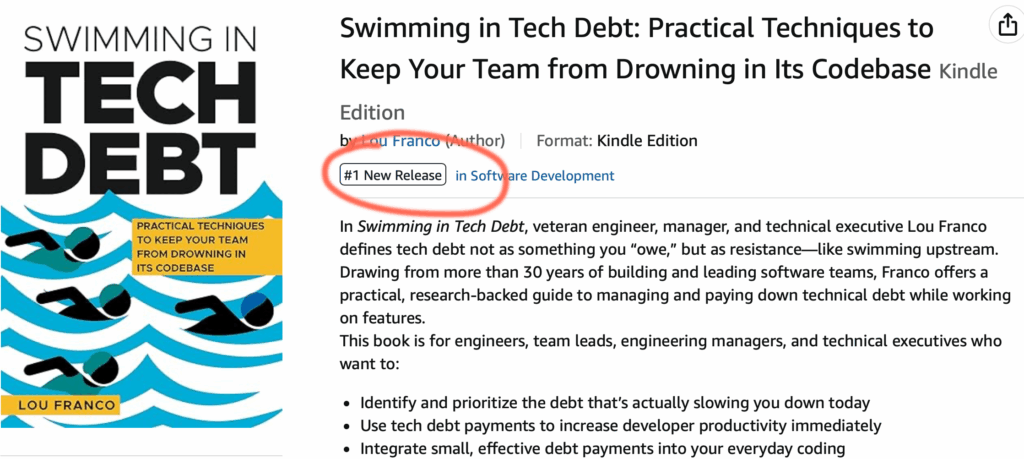I have been doing Morning Pages on and off for a few years. If you are new to them, it’s the practice of writing handwritten, non-stop, stream of consciousness, non-edited text for three pages. It takes about 20-30 minutes once you get going. The benefit to me is that it proves that I can force myself to write. It trained me to push past whatever it was that held be back from writing more.
I started doing them again as an exercise in The First 13 Weeks of 2026. It’s part of how I am Making Happiness a Priority. It’s a small boost to the day when I’m finished.
But, for a couple of days this week, I didn’t find time in the morning and decided to do them at night instead—close to bedtime. In these sessions, I treated it more like a shutdown than a boot up.
In the morning, I search for ideas to write about later in the day. At night, though, I have been unloading my thoughts. The things that might occupy my mind as I try to drift to sleep get their final say.
